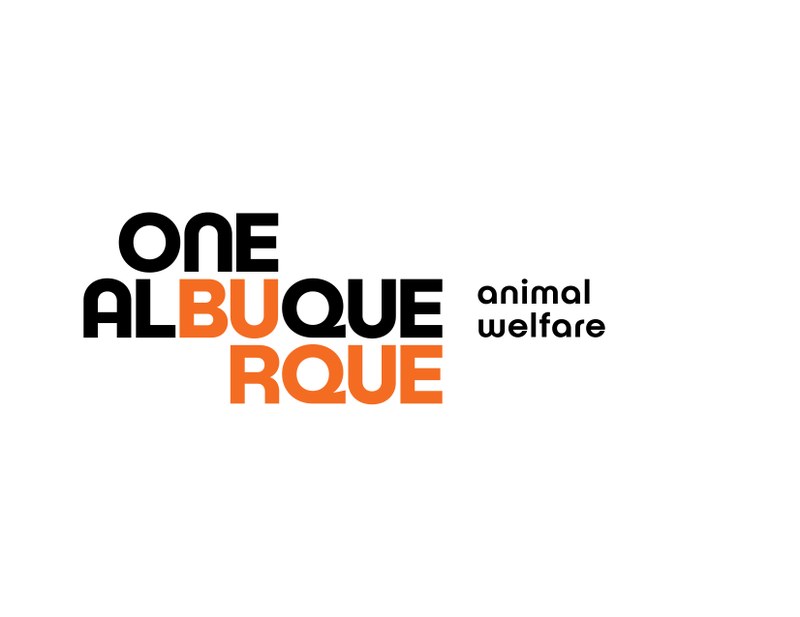
No Bones About It: Bones are Unsafe for Your Dog
Bones are NOT safe for our canine friends.
Authored by: Federal Drug Administration. This article was produced by the FDA.
You've just finished a big weekend family dinner and you are wondering what to do with the bones from the ham and roast, when in trots your big black Labrador Retriever. It's hard to resist those longing, puppy-dog eyes.
Your veterinarian has told you it's a bad idea to give bones to your dog, but you've done so in the past with no harm done.
What to do?
Pet Illnesses Reported
"Some people think it's OK to give dogs large bones to chew on" says Carmela Stamper, a veterinarian in the Center for Veterinary Medicine (CVM) at the Food and Drug Administration (FDA). "But giving your dog a bone might lead to an unexpected trip to your veterinarian, a possible emergency surgery, or even death for your pet."
FDA has received about 35 reports of pet illnesses related to bone treats and seven reports of product problems, such as bones shattering when pulled from their packaging. The reports, sent in by pet owners and veterinarians, involved about 45 dogs.
A variety of commercially-available bone treats for dogs -- including treats described as "Ham Bones," "Pork Femur Bones," "Rib Bones," and "Smokey Knuckle Bones" -- were listed in the reports. Many of these products differ from uncooked butcher-type bones because they are processed and packaged for sale as dog treats. The products may be dried through a smoking process or by baking, and may contain other ingredients such as preservatives, seasonings, and smoke flavorings.
Pet owners and veterinarians have reported the following illnesses in dogs that have eaten bone treats:
- Gastrointestinal obstruction (blockage in the digestive tract)
- Choking
- Cuts and wounds in the mouth or on the tonsils
- Vomiting
- Diarrhea
- Bleeding from the rectum
- Death. Approximately eight dogs reportedly died after eating a bone treat.
Things You Can Do
Remember that your dog can pick up bones while out on a walk. He could also get into the kitchen trash and eat bones that you may have thrown away. Talk with your veterinarian about other toys or treats that are most appropriate for your dog," says Stamper. "There are many available products made with different materials for dogs to chew on."
"We recommend supervising your dog with any chew toy or treat, especially one she hasn't had before," adds Stamper. "And if she 'just isn't acting right,' call your veterinarian right away!"
To report a problem with a pet food or treat, call CVM at (240) 402-7002.
This article appears on FDA's Consumer Updates page, which features the latest on all FDA-regulated products.
